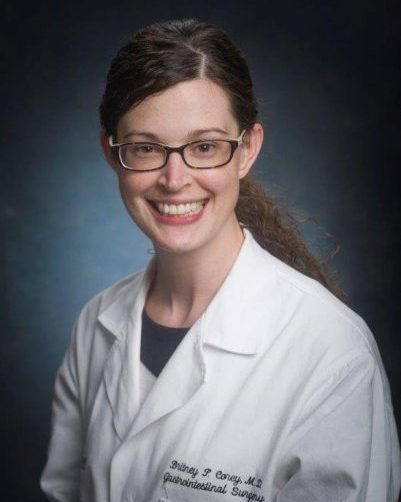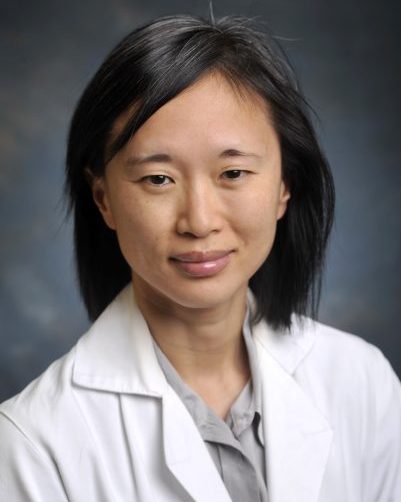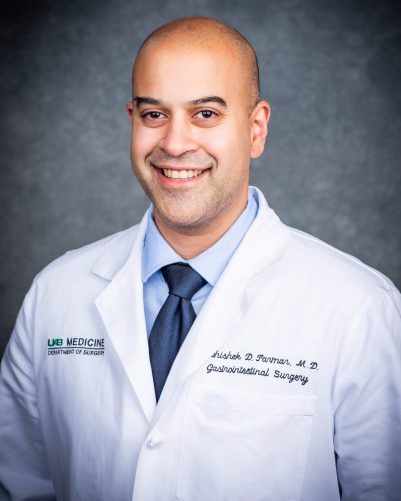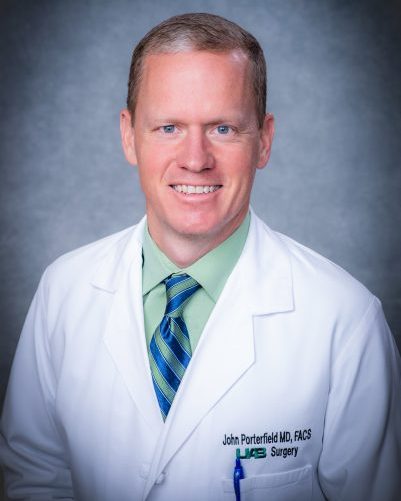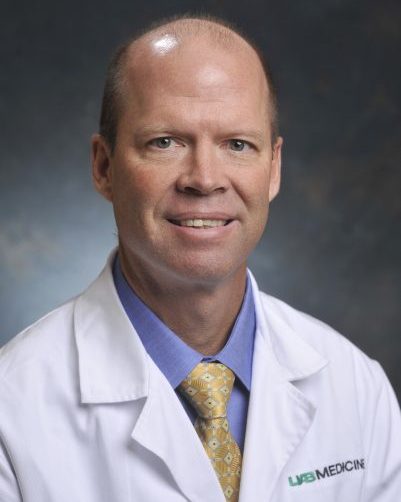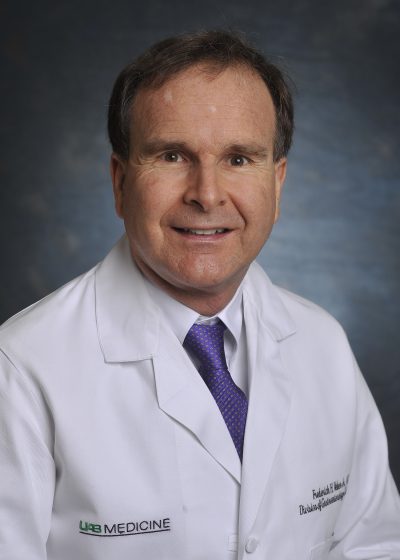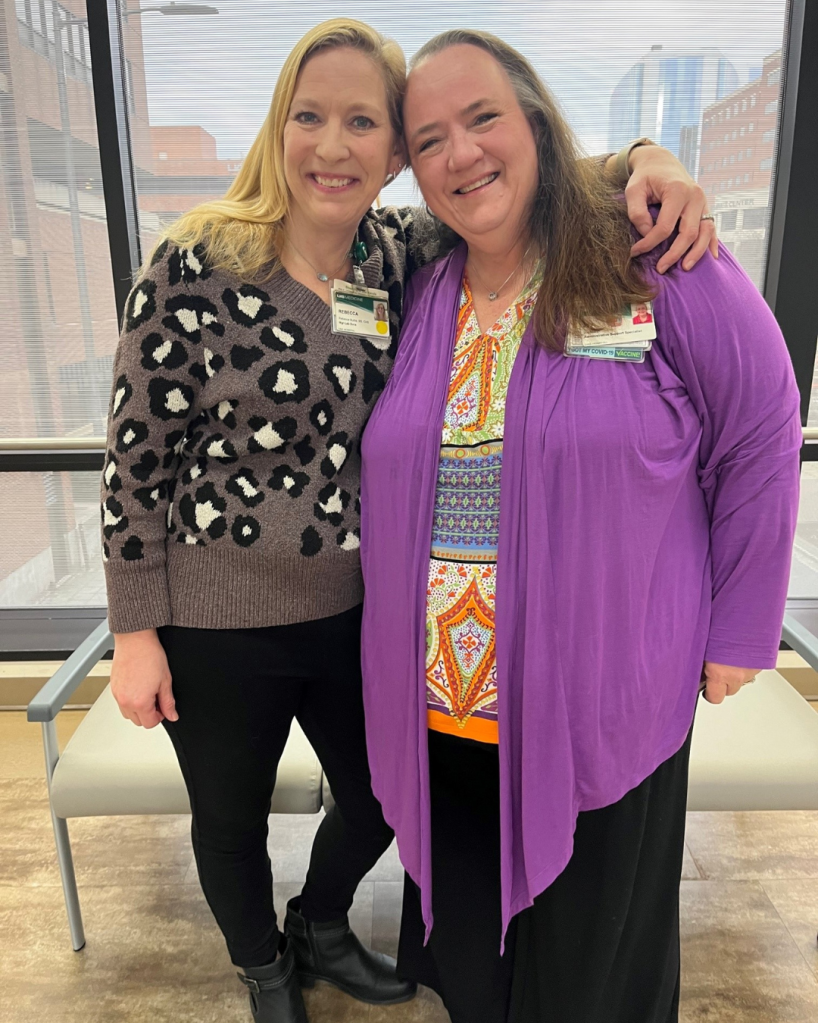Gallstones are pieces of solid digestive fluid that form in the gallbladder, a pear-shaped organ under the liver. The gallbladder’s job is to store bile, a fluid made by the liver to digest fat. As the stomach and intestines digest food, the gallbladder releases bile through a tube called the common bile duct. Gallstones form when substances such as cholesterol in the bile harden, and depending on their size – they range from the size of a grain of sand to as large as a golf ball – may block the bile duct. They also may form if the gallbladder does not empty completely or often enough.
Gallstones usually form after eating, and while many cause no symptoms, others may cause pain in the upper right abdomen, the center of the breastbone, between the shoulder blades, or in the right shoulder. The pain can last a few minutes to several hours. Many people refer to this as a “gallbladder attack.” Gallstones often are found while being examined for another illness. Gallstones may be hereditary, and some groups of people are more prone to gallstones, including women and older adults, the obese, those with high hormone levels, diabetics, and those taking cholesterol-lowering drugs.
UAB Medicine is known worldwide as a leading center for digestive and liver disorders. Our gastroenterology and gastrointestinal (GI) program is consistently ranked among the top programs of its kind in the nation by U.S. News & World Report. We see more than 20,000 patients and perform more than 12,000 outpatient procedures each year.
Our specialty at UAB has a notable history. The inventor of the endoscope, Basil Hirschowitz, MD, founded our program more than 50 years ago. His innovation revolutionized GI and other diagnoses around the world and continues to inspire us today. Our interventional endoscopy group, which includes endoscopic ultrasound, is one of the busiest in the country and has grown to become one of the most prestigious, both clinically and academically.
UAB continues to lead advancements in gastroenterology by participating in many research trials of promising drug therapies and other treatments for digestive disorders. Our physicians and scientists are searching for causes and cures for many GI illnesses through basic research, including studies of the bacteria that inhabit our intestines and affect our health.
Care Providers
Resources
- National Institute of Diabetes and Digestive and Kidney Diseases
- American Gastroenterological Association
Related Specialties
Clinical Trials
Speak to your physician about your options and browse the link below for more information
Latest News
View All News-
UAB receives renewed funding for colorectal cancer screening project
November 18, 2024
-
UAB celebrates milestone with 3,000 adult liver transplants
September 26, 2024
-
UAB Hospital continues to be the best hospital in Alabama, Birmingham metro, according to U.S. News & World Report
July 16, 2024
-
UAB to offer free colonoscopy screenings to under- and uninsured for second consecutive year
May 21, 2024
-
UAB HHT Clinic named Center of Excellence
July 11, 2023

